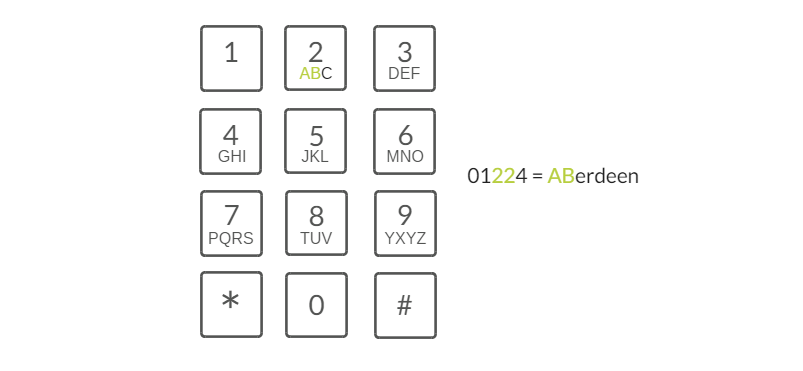How CCaaS Can Support Customer Service Agents During Peak Times
Intelligent CCaaS solutions could provide the answer to challenged posed by increased workloads caused by peak seasons. ...
According to new research from Ofcom, people in the UK are spending half as much time on their home phones and are using 10 times more data than they were six years ago.
Suffice to say, smartphones have radically changed the telecoms industry. With smart device ownership increasing all the time, Ofcom has now asked whether it even needs to keep geographical number codes at all.
One of Ofcom’s jobs is to maintain something called the national telephone numbering plan. The plan ensures that telephone numbers are grouped by type or location. This grouping is carried out via prefixes. For example, a phone number beginning “0800” is free to call; a phone number beginning with “0303” belongs to a charitable organisation or government; and a phone number beginning with “020” belongs to a person or organisation within London.
This last type is what’s known as a geographical phone number. Introduced in the 1950s, the first area codes used prefixes that corresponded to two-letter identifiers. So, originally, Aberdeen’s code was “22” (or AB on a telephone dial). Due to increased demand, the original system has been changed several times. Still, modern phone keypads sometimes offer clues as to which area a code is used for. For example, today, Aberdeen’s area code is “01224”.

Younger people, Ofcom’s research found, often mistake area codes as belonging to call centres or nuisance callers. Whereas the older generation typically have quite a few area codes memorised and consider them to be trustworthy. As such, in general, younger people aren’t too fussed at the prospect of losing geographic numbers. But older people are often strongly against getting rid of them.
Regardless of our personal preferences, one thing’s for sure – that technology is revolutionising how phone numbers are used. Already, VoIP apps are being used to make more and more calls each year. Such apps do not need an area code to indicate where to send a call in the way the PSTN used to.
In other words, other than signalling to callers where a call is coming from, geographical area codes are losing their function.
In response to this, Liz Greenberg, Head of Numbering at Ofcom, recently said: “In the future, as more calls are made over broadband, dialling codes won’t need to be fixed to a particular part of the country. So the question is – could area codes become a thing of the past?”
Although Ofcom has been very public about considering scrapping geographical telephone numbers, no solid conclusion has been reached yet.
If Ofcom did decide to get rid of area codes, it wouldn’t happen overnight. Scrapping area codes would be a huge modification to the existing national numbering plan. As such, if Ofcom are serious about getting rid of area codes, we can expect much more discussion around the subject. Followed by months or, more likely, years of preparation and planning.
In other words, nothing is likely to change anytime soon.
Elite Group is the leading unified communications provider. We supply a range of telephone numbers to businesses and organisations – including international numbers for more than 145 countries and over 7,500 cities across the globe.